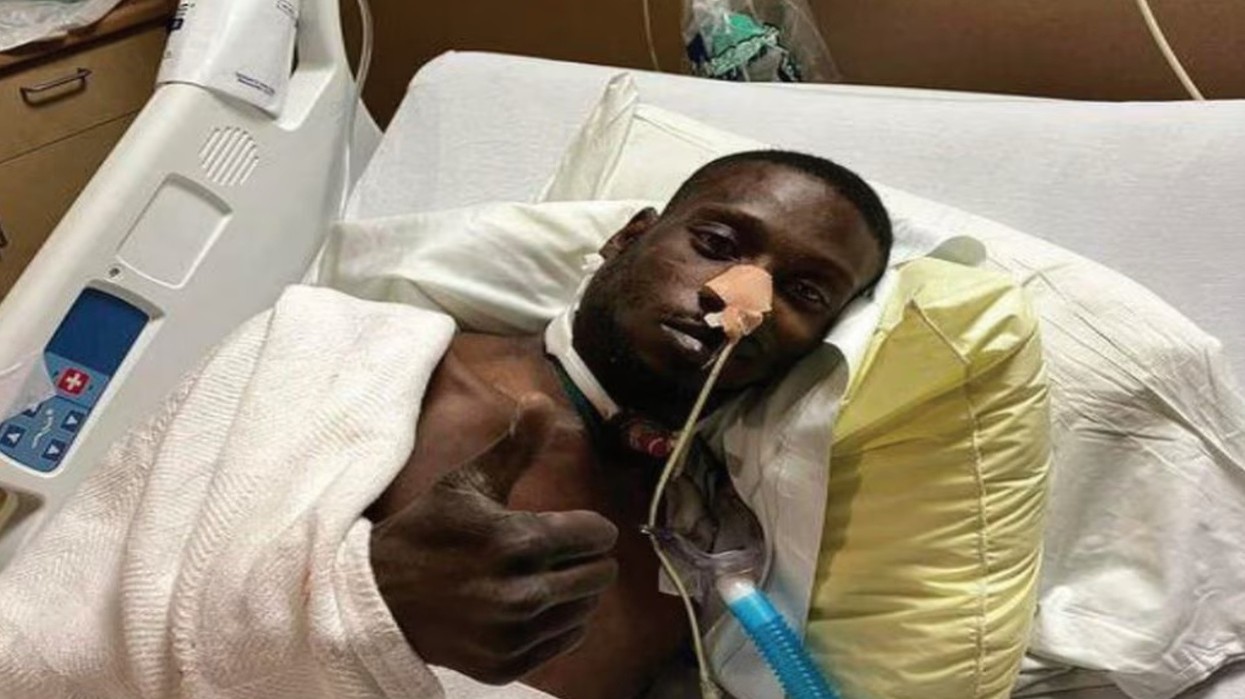Federal Judge Blocks Alabama's Election Eve Voter Purge
"This ruling strengthens our democracy by safeguarding access to the ballot for all eligible voters including naturalized citizens who were unfairly targeted and removed from the rolls," said one case litigant.
Citing a U.S. law prohibiting states from removing people from their registered voter lists within 90 days of an election, a U.S. federal judge on Wednesday ordered Alabama officials to pause a controversial voter roll purge until after next month's contest.
U.S. District Judge Anna Manasco—an appointee of former President Donald Trump, the 2024 Republican nominee—wrote in her preliminary injunction that GOP Alabama Secretary of State Wes Allen violated the National Voter Registration Act (NVRA) by launching a campaign purportedly targeting "noncitizens registered to vote."
"Allen blew the [NVRA] deadline when he announced a purge program to begin 84 days before the 2024 general election," Manasco said, adding that the secretary of state "later admitted that his purge list included thousands of United States citizens (in addition to far fewer noncitizens, who are ineligible to vote), and in any event, referred everyone on the purge list to the Alabama attorney general for criminal investigation."
The Biden administration's Department of Justice, along with civil and voting rights groups, last month sued Allen and the state of Alabama over the policy's timing. Individual Alabama voters also filed suit claiming the purge targeted naturalized U.S. citizens.
Allen's program removed more than 3,000 people from Alabama's voter rolls and referred them for criminal prosecution. However, more than 2,000 targeted individuals have since been deemed eligible to vote. Manasco's ruling gave Alabama officials three days to restore the active status of all wrongfully purged voters.
Responding to the decision, U.S. Assistant Attorney General Kristen Clarke of the Justice Department's Civil Rights Division said that "this action sends a clear message that the Justice Department will work to ensure that the rights of eligible voters are protected."
"The National Voter Registration Act's 90-day 'quiet period provision' is an important safeguard to prevent erroneous eleventh-hour efforts that stand to disenfranchise eligible voters," Clarke added. "The Justice Department remains steadfast in our resolve to protect voters from unlawful removal from the registration rolls and to ensure that states comply with the mandate of federal law."
Litigants in the challenge to Allen's voter removal program also welcomed Wednesday's ruling.
"We are pleased with the court's swift action to protect Alabama voters from an unlawful purge and ensure they can fully participate in the upcoming elections," League of Women Voters of Alabama president Kathy Jones said in a statement following Manasco's decision. "This ruling strengthens our democracy by safeguarding access to the ballot for all eligible voters including naturalized citizens who were unfairly targeted and removed from the rolls."
Campaign Legal Center senior legal counsel Kate Huddleston said: "No U.S. citizen should be afraid to vote, and we are proud to have defended Alabamians ahead of the upcoming election. Today's court decision helps protect Alabama citizens' freedom to register and vote without concerns about government interference or intimidation."
Janette McCarthy Wallace, general counsel at the NAACP, noted that "for over 115 years, the NAACP has been fighting for the right to vote," and while "the suppression tactics may look different... the intent remains the same—silencing Black and other vulnerable voices."

